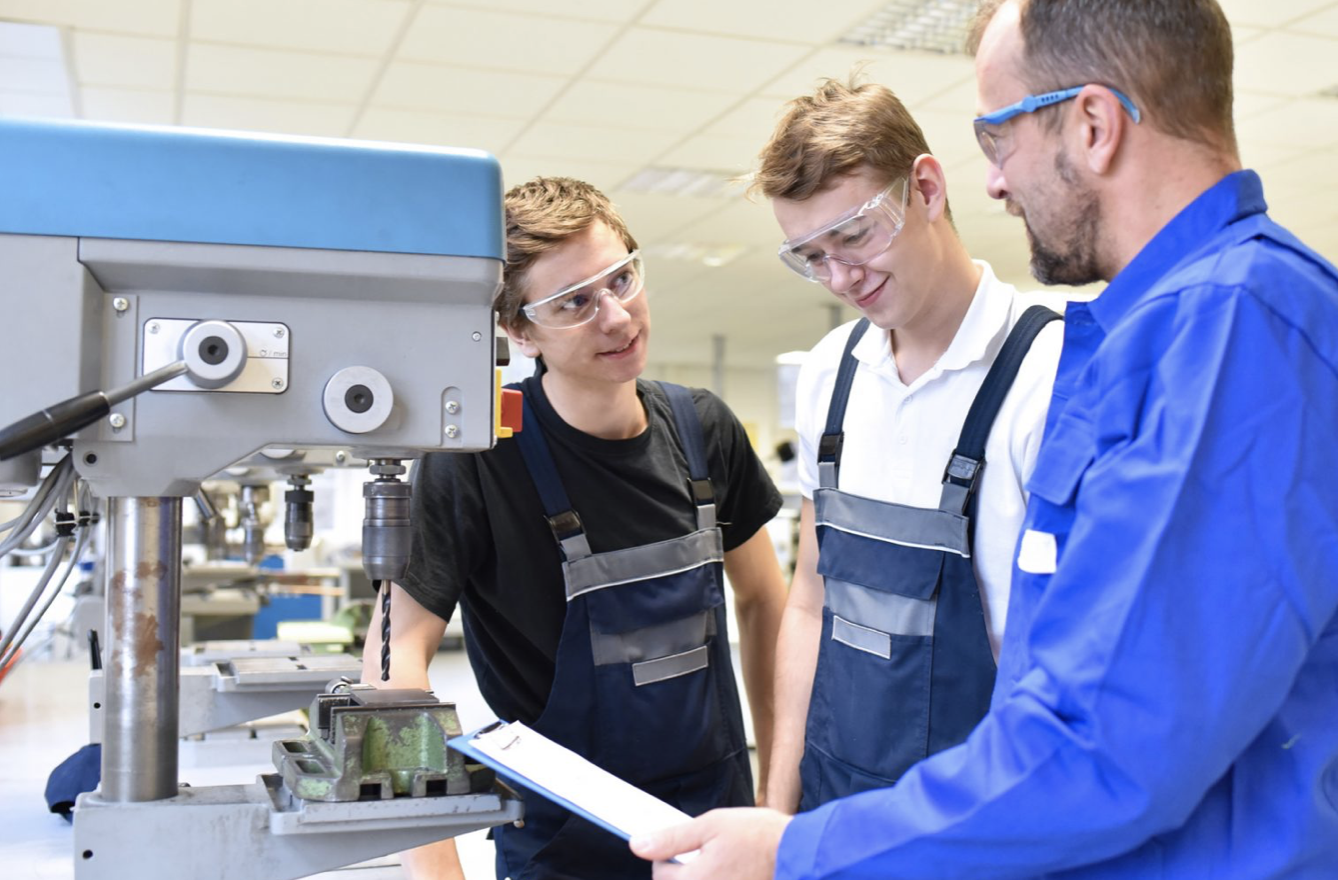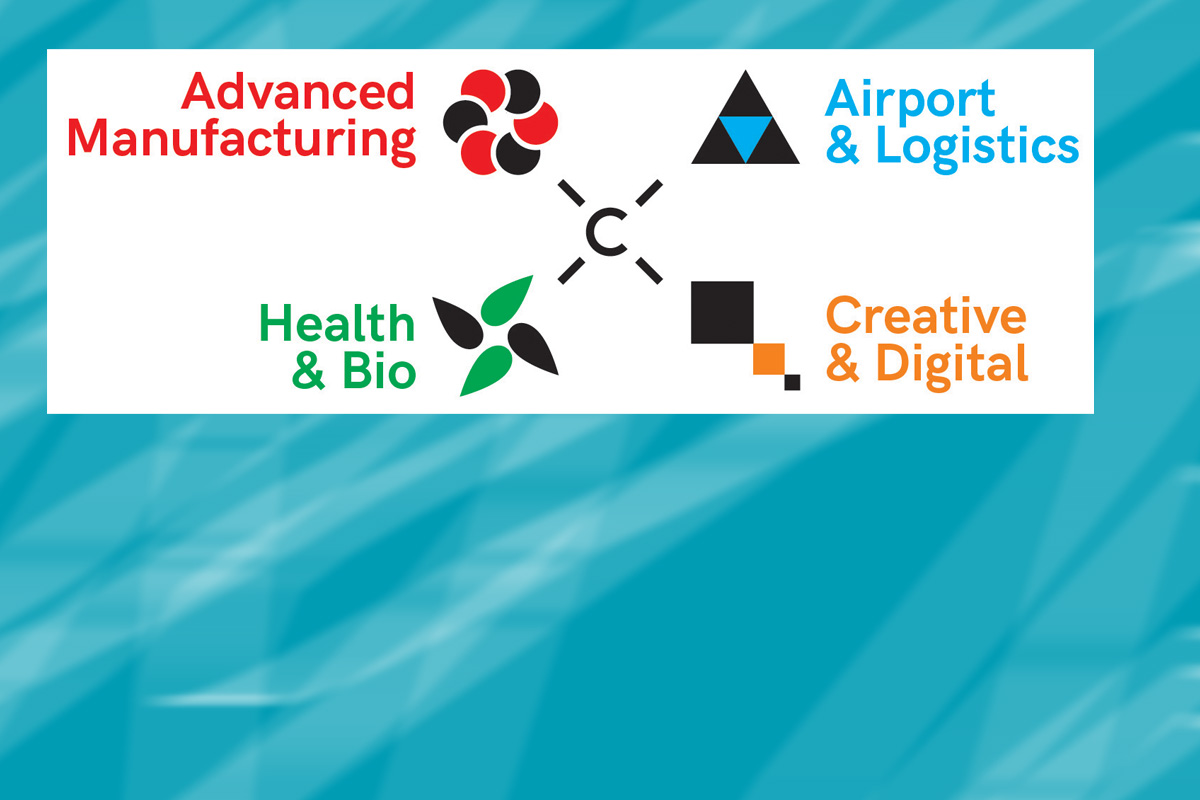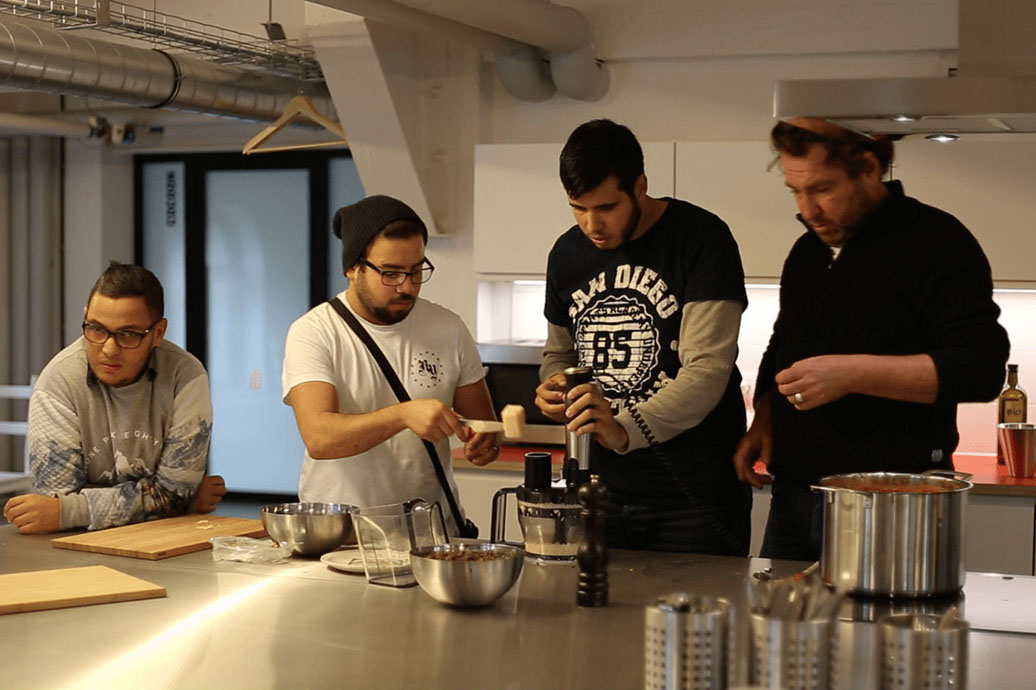
Primary school students receive vocational training and participate in projects that involve non-traditional classroom skills, discovering their talents and facilitating a career choice.
THEORETICAL AND HANDS-ON TRAINING COMBINED
The major challenge in teaching is to combine theoretical learning with hands-on experience, as well as stimulating all forms of intelligence in pupils. The EFP (Enseignement et Formation Professionnels; vocational education and training) is a centre which usually provides vocational training for teenagers from the age of 15, and adults from the age of 18. However, through this project elementary school pupils, aged 10 to 11 years old, visit EFP as part of well-defined projects.
primary school pupils take part in a BROAD RANGE OF PROJECTS
The instructors are experts in their field, and provide training across a broad range of jobs from carpentry to electronics, and informatics to construction. Primary school students are able to take part in a number of projects, ranging from the construction of a library, to a project which sells goods to raise funds for a school trip, to the installation of a vegetable garden.
FINDING THE STRENGTHS OF EACH INDIVIDUAL
This initiative provides enrichment beyond pedagogy, by encouraging exchange between actors from various backgrounds. Pupils who are considered to be 'less talented' in theoretical subjects may show themselves to be competent in technical handling. Furthermore, the manual aspect of this initiative reinforces and helps to illustrate what is learnt in theoretical subjects. This project establishes a new, sustainable strategy for the pedagogic system for a very specific reason: allowing pupils to discover manual jobs, helps them to arrive at the right choices between general or technical high schools. Pupils are able to imagine their future high school or vocational training more easily.




